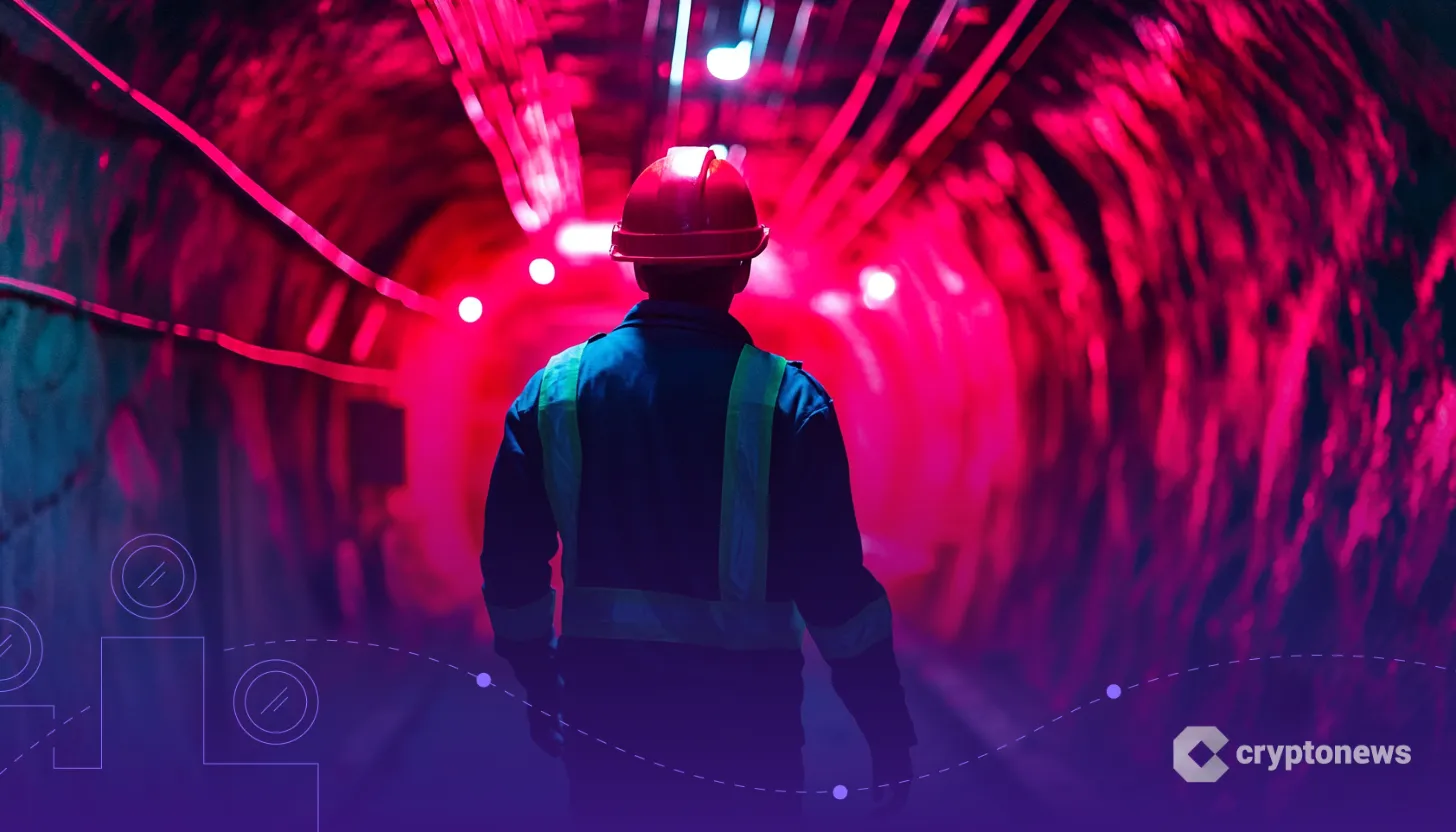Last updated:
 Why Trust Cryptonews
Why Trust Cryptonews
Ad Disclosure
We believe in full transparency with our readers. Some of our content includes affiliate links, and we may earn a commission through these partnerships. Read more

An exclusive report by the Financial Times on January 7 revealed that US Bitcoin miners, including Mara Holdings, Riot Platforms, and CleanSpark, have raised over $3.7 billion through zero or near-zero coupon convertible notes.
The funds intend to bolster their Bitcoin reserves and offset increasing operational costs amidst shrinking profit margins.
With energy prices continuing to climb, Bitcoin miners are facing mounting financial pressure, prompting them to accumulate reserves as a financial buffer to navigate the challenges of a competitive industry.
Rising Energy Costs and Hash Rates Put Pressure on Bitcoin Miners’ Profits
Bitcoin miners have increasingly used alternative financing methods as they face shrinking profitability due to rising energy costs and a higher network hash rate.
The 2024 Bitcoin Halving event, which reduced mining rewards from 6.25 BTC to 3.125 BTC per block, has further complicated the situation.
This has heightened the urgency for miners to manage rising costs effectively.
The report highlighted that the average cost of production for US-listed Bitcoin miners surged by 13% in the third quarter of 2024, reaching $55,950 per Bitcoin.
When factoring in depreciation and stock-based compensation, this figure jumps to $106,000.
Bitcoin’s price increase, which reached approximately $98,500 as of writing, has temporarily improved mining profitability.
However, the growing computational power required to secure the Bitcoin network, as reflected in record-high hash rates, continues to challenge miners.
This increased competition could offset the benefits of Bitcoin’s rising market value.
Competing Energy Demands: AI and Bitcoin Mining
The competition for energy resources in the US is not limited to Bitcoin mining. Artificial intelligence (AI) developers are also rapidly expanding their energy consumption.
With access to substantial financial resources, AI companies pose a major challenge to Bitcoin miners.
Russell Cann, Core Scientific’s chief development officer, noted that AI’s growing demand for energy will make it harder for Bitcoin miners to expand operations in the US.
From an economic perspective, energy grids may prioritize powering AI data centers over Bitcoin mining facilities.
As a result, many miners are exploring opportunities abroad. Mara Holdings, for example, plans to move half of its mining operations overseas by 2028, focusing on regions with surplus energy supplies, such as Kenya and the UAE.
However, challenges remain. In Paraguay, crypto miners have encountered high energy costs despite the country’s energy surplus, complicating plans for expansion.
You might also like
Global Opportunities for Bitcoin Miners
To stay competitive, some miners are diversifying their operations. Companies like Hut 8, Core Scientific, and Hive have begun offering their data centers to AI companies, tapping into the growing demand for computational power.
Meanwhile, several countries are actively inviting US-based Bitcoin miners to establish operations.
Belarus, for instance, has extended an open invitation to crypto miners, citing increased interest from global investors.
You might also like
As US Bitcoin miners navigate rising energy costs and intensifying competition, many are exploring global opportunities to remain profitable.
With countries like Belarus extending invitations and alternative markets emerging, the industry’s future may depend on its ability to adapt to these challenges.


















